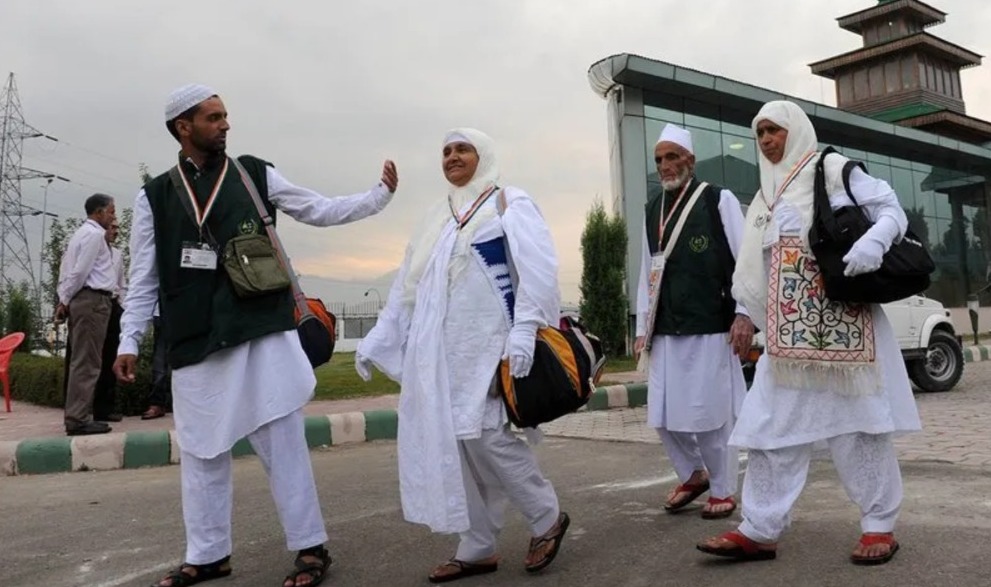
Jammu Kashmir has witnessed a dramatic 56% decline in Hajj applications for 2025, raising concerns about the economic realities facing the region.
This significant drop in applications is particularly alarming, as it marks a trend not observed in previous years and suggests that many families are reevaluating their financial priorities.
District-wise data reveals that Srinagar experienced a staggering 64% decrease, with applications falling from 2,607 in 2024 to just 937 in 2025. Budgam followed closely, witnessing a 63% decline as applications plummeted from 873 to 325, according to Ziraat Times.
Other districts in Kashmir, such as Anantnag and Pulwama, also reported substantial reductions, with drops of 51% and 60.5%, respectively. In the Jammu region, Udhampur faced a significant 64% decrease, while Rajouri reported a 42% decline.
Economic analysts attribute this downturn to rising living costs, reduced incomes, and increasing household debts, forcing families to reconsider their spending priorities.
These concerns echo findings from the recent Mood of the Nation survey, which indicated a growing sense of financial insecurity among residents, with many prioritizing essential needs over discretionary spending, including religious pilgrimages.
The Mood of the Nation survey reveals that a significant 66% of residents in Jammu Kashmir are struggling with expenses, reflecting a troubling economic landscape.
This financial pressure is compounded by a 38% decline in income reported by respondents over the past year.
Additionally, unemployment is cited as a major concern by 47% of those surveyed, highlighting widespread anxiety about job scarcity, particularly among educated youth.
“Many families are struggling to save money for the Hajj. The increased costs of living and stagnant wages mean that for many, healthcare and education take precedence over a pilgrimage,” shared Amina Rizvi, a local business owner who has seen firsthand the financial strain on her community.
“Analyzing the recent decline in applications, it’s clear that people simply don’t have the disposable income they once did. They are focusing more on immediate needs,” remarked Arif Malik, a community leader discussing the local economic conditions.
The rising costs of living, alongside stagnant incomes, contribute to financial stress that forces many to prioritize essential needs over expenses like religious pilgrimages.




